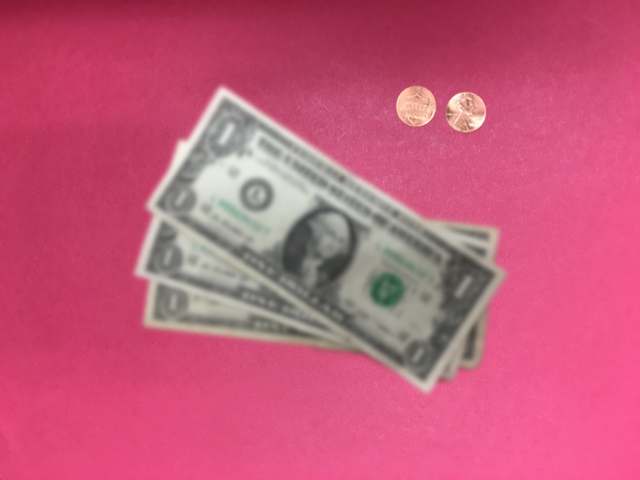This post by Derek Sivers, “Don’t add your 2 cents” struck a chord with me that got me thinking about leadership development.
My takeaway from the article is this: When we add our “two cents”, if that’s all we’re adding, we’re doing more harm than good.
Your two-cent investment produces a negative return.
As in Derek’s example, when the boss responds to an employee’s request for feedback on a design project by suggesting a couple of minor tweaks rather than forgoing the urge the drop his or her two cents on it:
Now, because the boss said so, the creator of that design will have to change it just a little bit.
Because of that small change, that person no longer feels full ownership of their project.
As soon as I read that, I recognized the behavior in myself. I do that sometimes.
Stop it!
At the risk of adding my own two cents to the topic, here is a further thought to ponder (while sticking with the currency analogy):
Don’t step over dollars to pick up pennies
The whole adding two cents thing – again if that’s all we’re adding – isn’t about the other person, it’s about us. Conversely, not adding our two cents is about them:
Obviously, if there’s more than “2 cents” worth of stuff that needs to change, then this rule does not apply.
But if your contribution is small and probably just a meaningless opinion, just let it go. Let the other person feel full ownership of the idea, instead.
Adding our two cents feels good. We added something. We are so smart!
Ego.
Our two-cent investment might get us a short-term return, a temporary ego boost, but at what (or whose) long-term expense. This is the leadership lesson.
Good leaders invest time in developing future leaders, whose positive contributions will make a greater impact and have greater reach. John Maxwell calls this Level 4 Leadership. Leaders invest two cents and get a return in dollars. They play the long game.
Adding our two cents is a short game. It’s stepping over dollars to pick up pennies.

